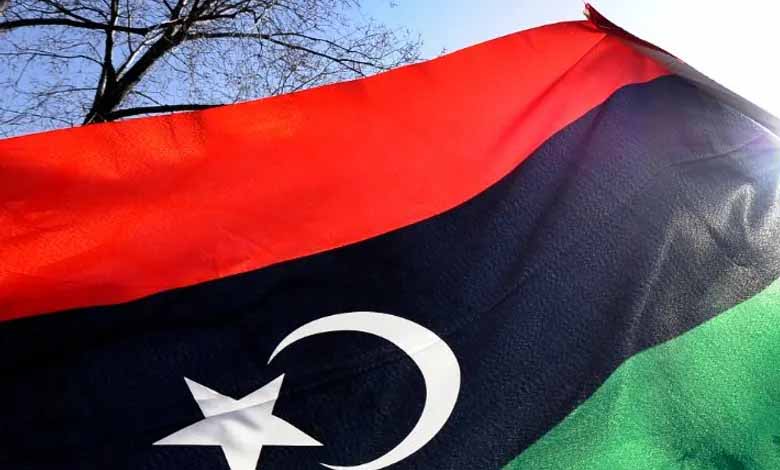Libya: Presidential Council calls for sparing the country from war

The Libyan Presidential Council has called on all political parties to assume their responsibilities in order to stabilize Libya and spare the country from potential war.
The Libyan Presidential Council affirmed that steady steps are being taken towards stability and national reconciliation, stressing that the gains achieved in ending the political divide and unifying the country’s institutions should not be compromised.
Head of the National Unity Government Abdul Hamid Dbeibeh said the attack on Tripoli was over and announced the government’s decisions to pursue those involved in the events in the capital.
The statements come as the Libyan capital is currently witnessing relative calm following violent clashes between rival militias that have caused dozens of deaths and injuries.
This coincides with international and regional calls to avoid violence and to launch a real dialog between the parties to defuse the stormy crisis in the country.
But what led to this round of violence, why it matters, and how can it go?
How did Libya split?
Differences emerged in Libya ten years ago when local groups adopted different positions during the so-called Arab Spring revolution that was supported by NATO and led to the overthrow of the late President Muammar Gaddafi.
The attempt for a democratic transition sprang out of control, with armed groups establishing local power bases, coalescing around rival political factions, and controlling economic resources.
A new government was formed in Tripoli following a UN-backed deal as ISIS gained a foothold in Libya.
Rival armed factions controlling western Libya united to support the Tripoli government against the Libyan National Army (LNA) and repelled its 2020 offensive with Turkey’s help, leading to a ceasefire and a new UN-backed peace process.
How did the latest round of conflict break out?
The peace process led to the formation of a new national unity government led by Abdul Hamid Dbeibeh with a mandate to oversee national elections scheduled for December 2021, but there was no agreement on voting rules, causing the entire process to collapse.
In eastern Libya, the parliament declared the Dbeibeh government illegitimate and appointed a new government headed by Fathi Bashagha. Dbeibeh rejected the parliament’s decisions and said he will not relinquish power until after the elections.
Meanwhile, factions in western Libya have been trying to take over Tripoli in occasional skirmishes, with some in Bashagha seeing their best chance of rising up and advancing.
Bashagha attempted to enter Tripoli shortly after his appointment in March, but his convoy was blocked by pro-Dbeibeh factions.” “He tried again in May, but left Tripoli after a brief exchange of fire.
As the months passed, alliances and coalitions among Tripoli’s factions changed as both Dbeibeh and Bashagha tried to co-opt key players. In the streets of Tripoli, the armed forces have had frequent skirmishes because of their areas of influence.












